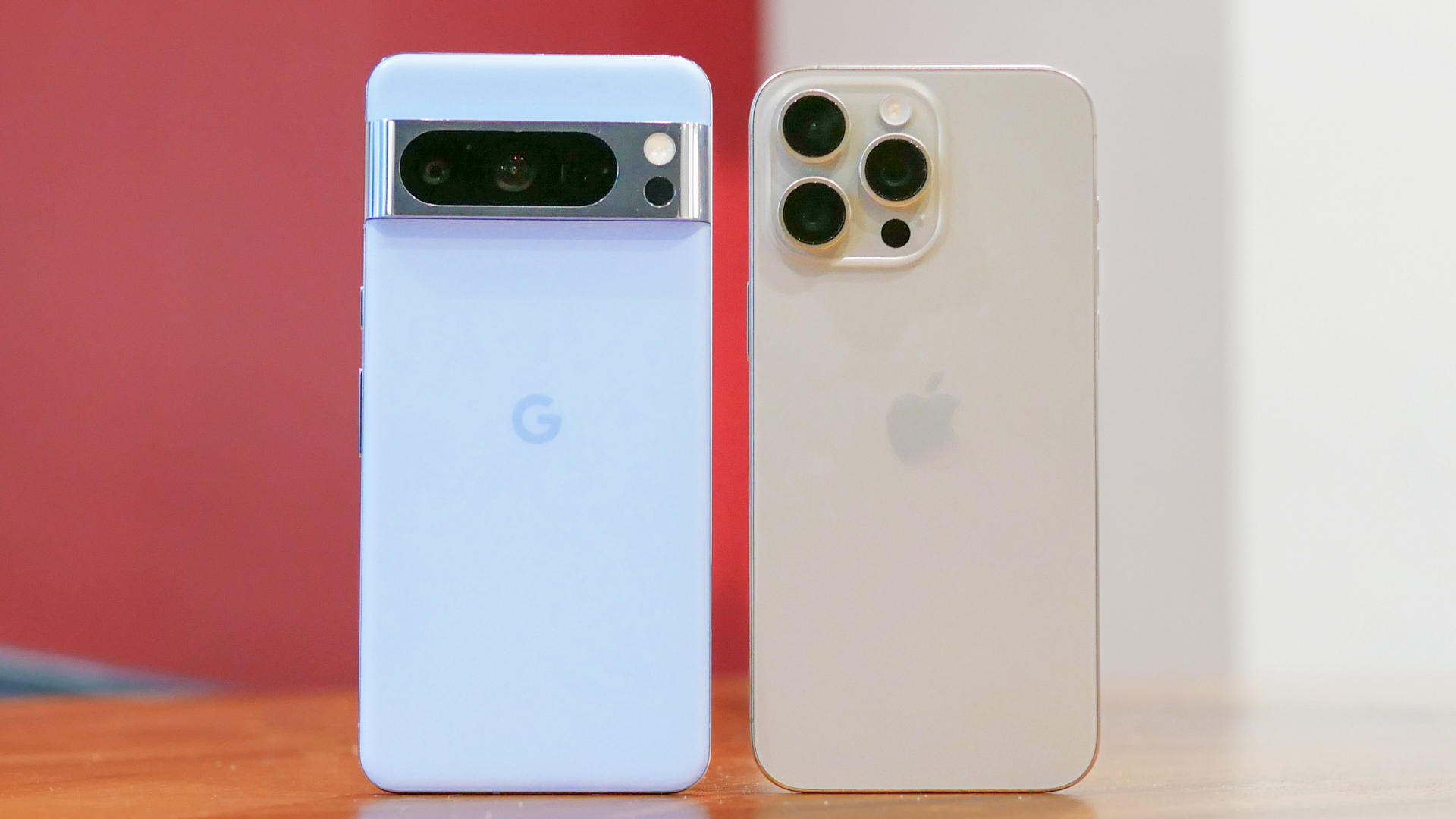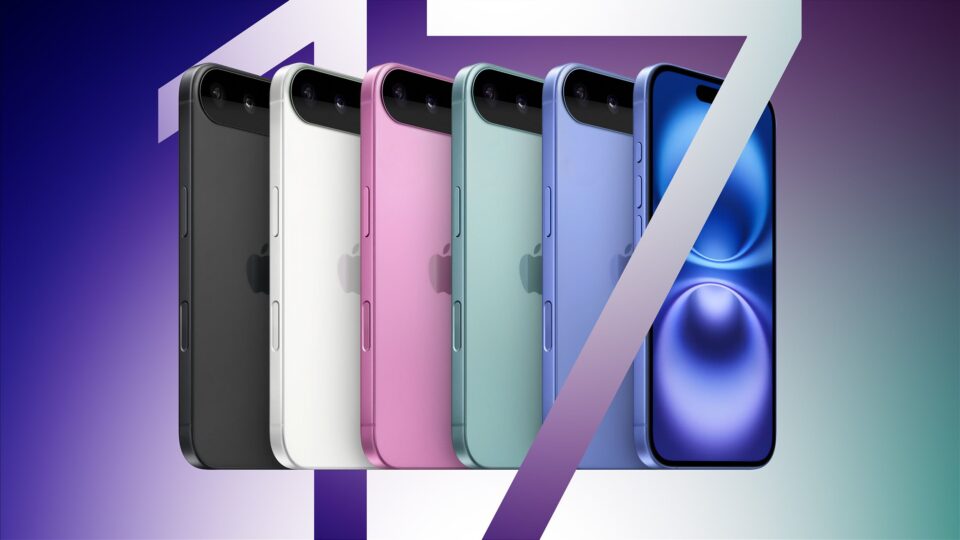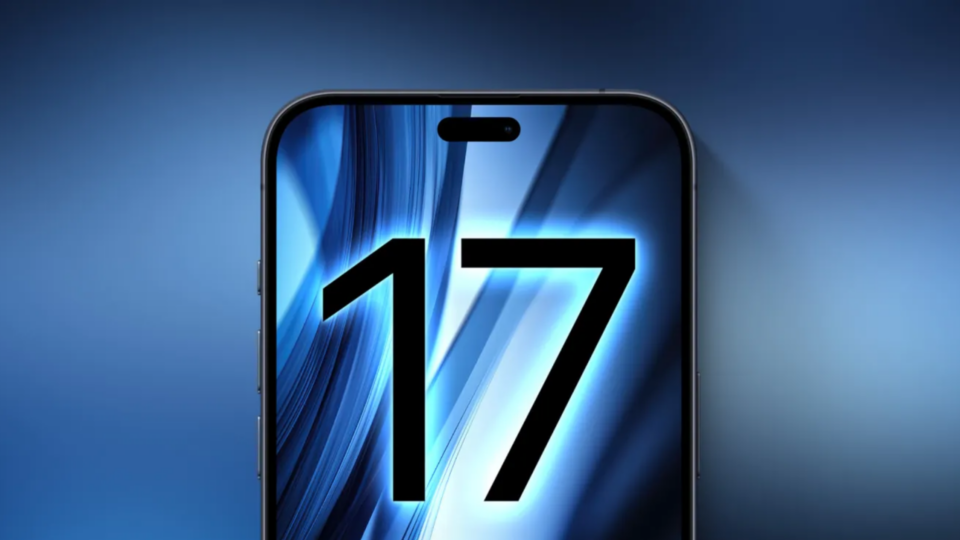
iPhone vs Android: 7 Exclusive iPhone Features You Won’t Find on Android
The discussion between the iPhone and Android has been going strong for years since each platform has advantages that make people want to go to the other side. Historically, the inability to smoothly transfer WhatsApp chat history was an important hurdle for Android customers switching to iPhones. But now that this restriction has been removed, switching is more exciting than before.
There are several reasons to pick an iPhone instead of an Android smartphone. iPhones differ from other smartphones in several ways, frequently resulting in a more seamless and intuitive experience. For example, customers’ quality of life within the Apple ecosystem is greatly improved by the gadgets’ flawless integration.
It is impossible to overestimate the importance of services like FaceTime and iMessage, which provide excellent communication across Apple devices. Furthermore, with the release of iOS 18, which permits more customization of the Home Screen, Apple has advanced significantly in customization.
Things iPhones Can Do That Android Phones Can’t
1. Seamless Ecosystem Integration
iPhones are excellent at syncing with other Apple products and services, including Apple TV, MacBooks, iPads, and Apple Watch. Handoff, Continuity, AirDrop, and Universal Clipboard are just a few of the features that make it simple to move between devices and exchange data. Although Android provides some device connectivity, it frequently falls short in terms of seamless, cross-device capability.
2. iMessage and FaceTime
FaceTime and iMessage, which are exclusive to Apple devices, are built into iPhones and offer high-quality video calling and texting capabilities. Among the noteworthy features offered by these applications are Memoji, Animoji, and end-to-end encryption. While there are Android equivalents such as Google Meet and other messaging applications, none of them compare to the capabilities and seamless integration of FaceTime and iMessage as a single, cohesive service.
3. Regular Updates For Software:
To guarantee that consumers receive the newest security updates and features as soon as they are published, Apple makes sure that all compatible iPhones receive software upgrades simultaneously. This constant update schedule stands in stark contrast to Android, where fragmentation and uneven user experiences result from upgrades that are frequently delayed owing to carrier and manufacturer customizations.
4. Siri Shortcuts
By extensively integrating this functionality into iOS, Siri Shortcuts enable users to build personalized voice commands to automate chores and open apps. With customized voice commands, users may simplify their operations with this. Although Google Assistant and other voice assistants are available for Android, iPhones provide a higher degree of customization and integration with Siri Shortcuts.
5. Features For Security And Privacy
With features like App Tracking Transparency, which provides consumers choice over how applications follow their data, Apple emphasizes user privacy and security. Strong security features like Face ID, Touch ID, and hardware-based encryption are also features of iPhones. While Apple specializes on privacy and ecosystem control, Android also has robust security protections.
6. Screen Time and Family Sharing
Family sharing is a practical method for friends and family to share iCloud storage, subscriptions, and purchases. Parents may establish restrictions and controls for their children’s gadgets with the help of Screen Time, which offers comprehensive insights into device usage. While Android offers comparable functionality, iPhones’ user-friendliness and seamless integration of Family Sharing and Screen Time are especially noteworthy.
7. iCloud and Find My
iCloud provides native integration of cloud storage and backup features into iOS. Apple devices may be found and even tracked when they are offline with the aid of the Find My app. Although Google offers comparable services, iCloud and Find My are often regarded as having deeper integration and more dependability.



